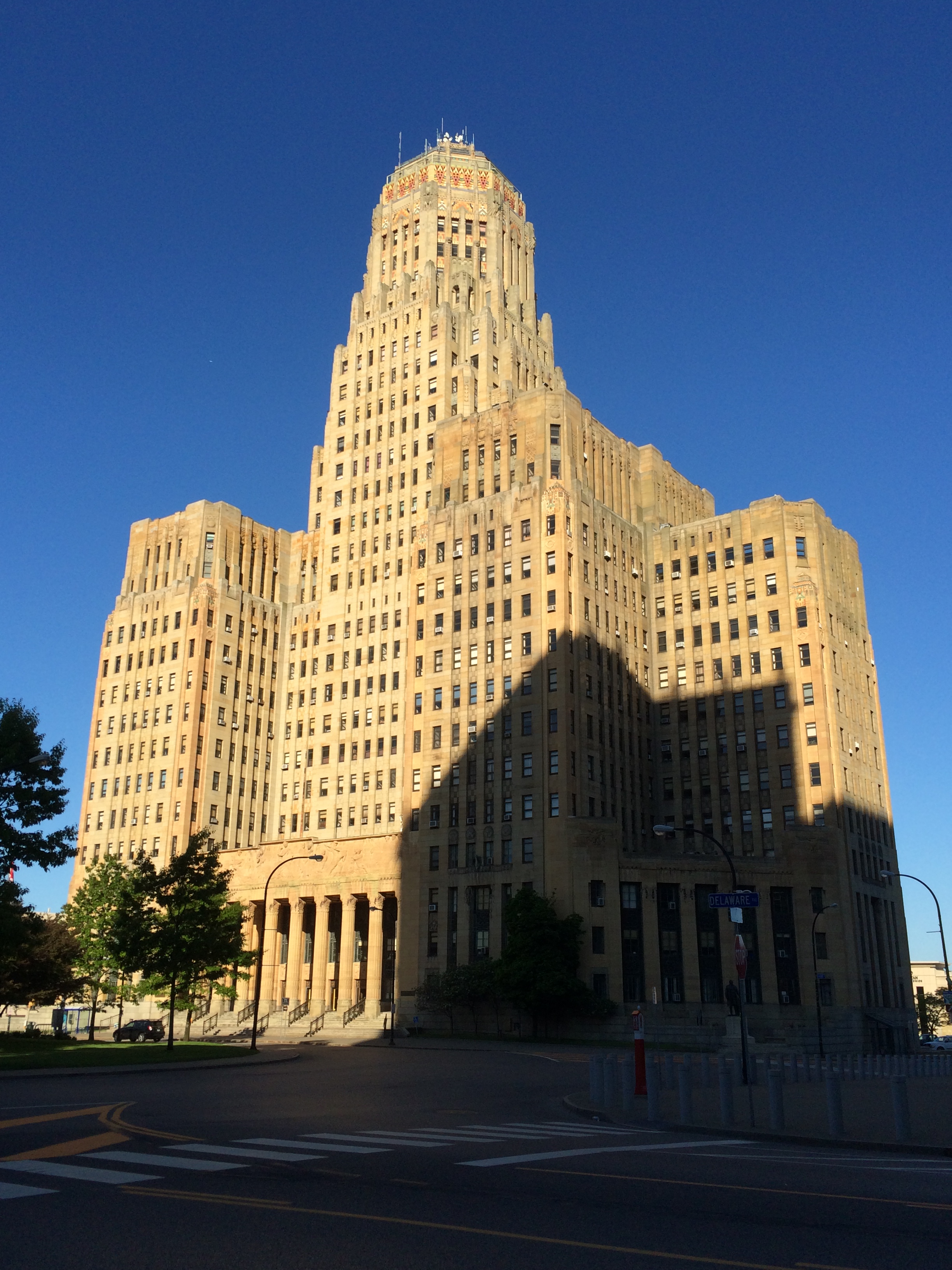An email to a prospective developer
I lifted the text below from an email I sent to somebody thinking about becoming a developer out of frustration with what the local conventional developers had done to her town.
I have had a numb er of conversation with people looking for ways to get developers to do things differently. My response is usually along the lines of don't tell them, show them. I end up sending emails like the one below connecting folks with resources, etc. I figured I may as well put this one up as a FaceBook Note.
er of conversation with people looking for ways to get developers to do things differently. My response is usually along the lines of don't tell them, show them. I end up sending emails like the one below connecting folks with resources, etc. I figured I may as well put this one up as a FaceBook Note.
I can send you the PDF's and links and other materials that have been circulating among the growing ranks of rookie small developer/builders. If you have an interest in pursuing this sort of enterprise, I encourage you to have a look at what the folks at Strong Towns are working on. www.strongtowns.org Chuck Marohn and Jim Kumon are serious about assembling content to help people become developers in their local communities. Most of what is up on the Strong Towns web site to date has to do with public sector decision making, but they have identified the need to cultivate new developers as a priority at their recent national meet up.
Recapping our conversation, You asked are there better forms of community engagement that would benefit conventional developers? Technically yes, but it's like a chess puzzle where white can win in 5 moves and there is no defense possible by black. You just need to find the five moves. Because of the habits they find safe and familiar, conventional developers of single use sprawl are not going to be able to find the 5 moves that are right in front of them if they use both hands and a flashlight. Here's what I think they might do:
- Change the product, build mixed use, press for better transportation options, build dignified apartment buildings instead of apartment complexes that are dependant upon individuals having cars.
- Recognize the under-served market in one and two person households. If you can deliver apartments that appeal to single professional women, other market segments will come along. Recognize the big demographic changes that will play out in the next 15 years.
(See Arthur Nelson's excellent book on this topic) ----http://islandpress.org/reshaping-metropolitan-america
- Shift the scale of your projects to something that fits in the context of the neighborhood. 16-24 units at a time vs. 150 units.
- Build civilization, food & drink, groceries, services, and civic activity in the neighborhood as an amenity for your residents, instead of a pool and clubhouse nobody uses.
- Align your interests and the neighbors interests in a clean and safe stable place Engage you neighbors in any development project by working together to "make more pie" You will need their genuine trust and their help if you want to convince the elected officials and to fix the public infrastructure -the overly wide streets.
It is time to develop an entirely parallel system of small developer/builders. Maybe the old school local developers in your town can recognize the new opportunities and constraints, but it is more likely that they will keep doing what they have always done. Telling them all about a different way to build is an awful lot like showing a card trick to a golden retriever. (they appear quite attentive, but they really don't get it). There will be a very low return on brain damage you will need to invest trying to convince or reform their methods and culture. Better to cultivate a new generation of local developer/builders.
